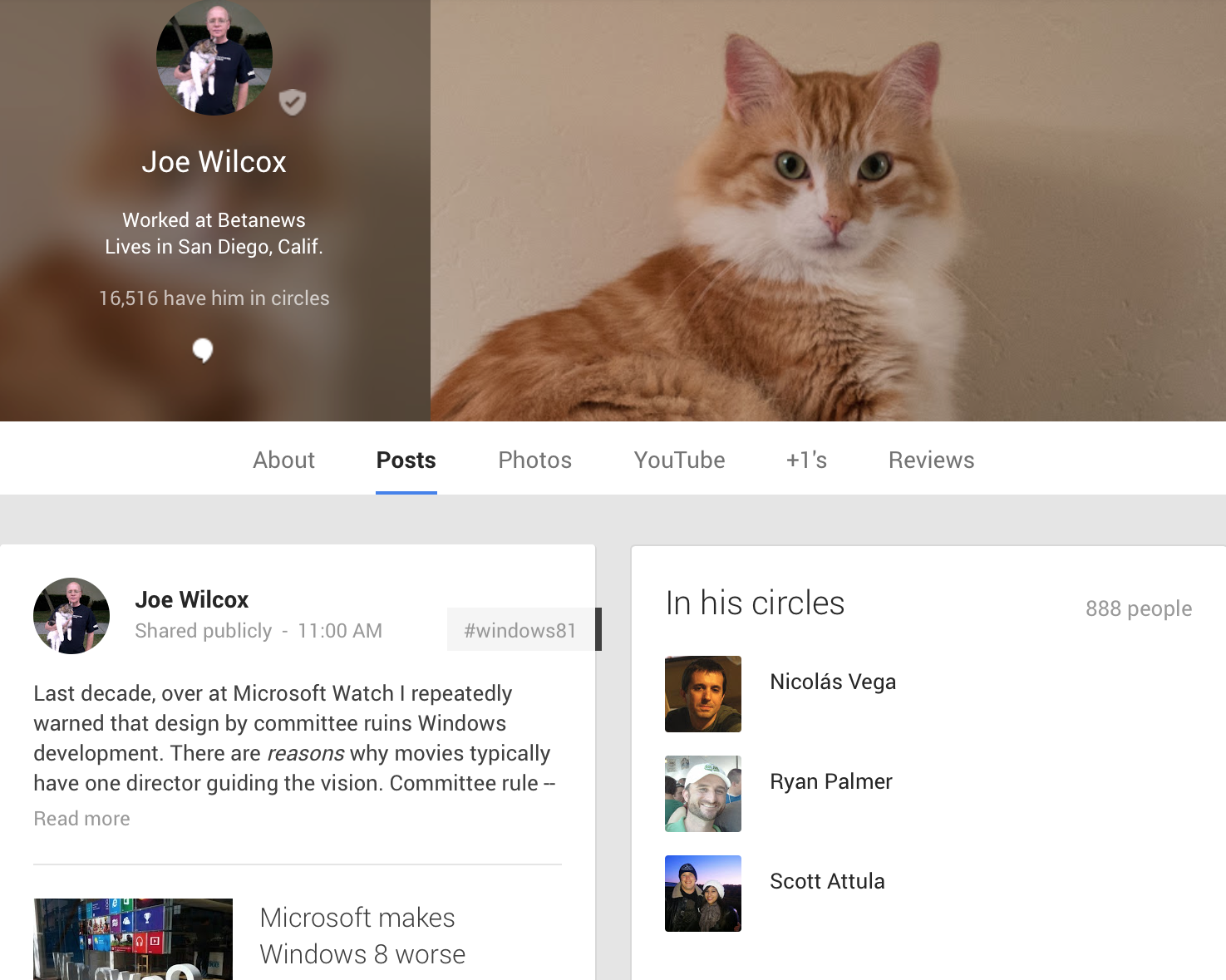To date, my Indiegogo campaign for book Be a Better Blogger is a money loser. Costs exceed the pittance of contributions, and I appreciate every one made. Make no mistake, if you contributed—thank you! But with 11 days to go, and the campaign about 1.8 percent funded, absolute failure looms large.
So with little to lose, but more money, I hired one of several crowdfunders that emailed or commented soon after the campaign’s launch. I don’t expect much from the $149 fee, which gets me one hour consultation, press release, PR distribution, journalist outreach, and feed submission (whatever that means). But I did receive important insight, which is more a lesson about interacting with others rather than working alone.








